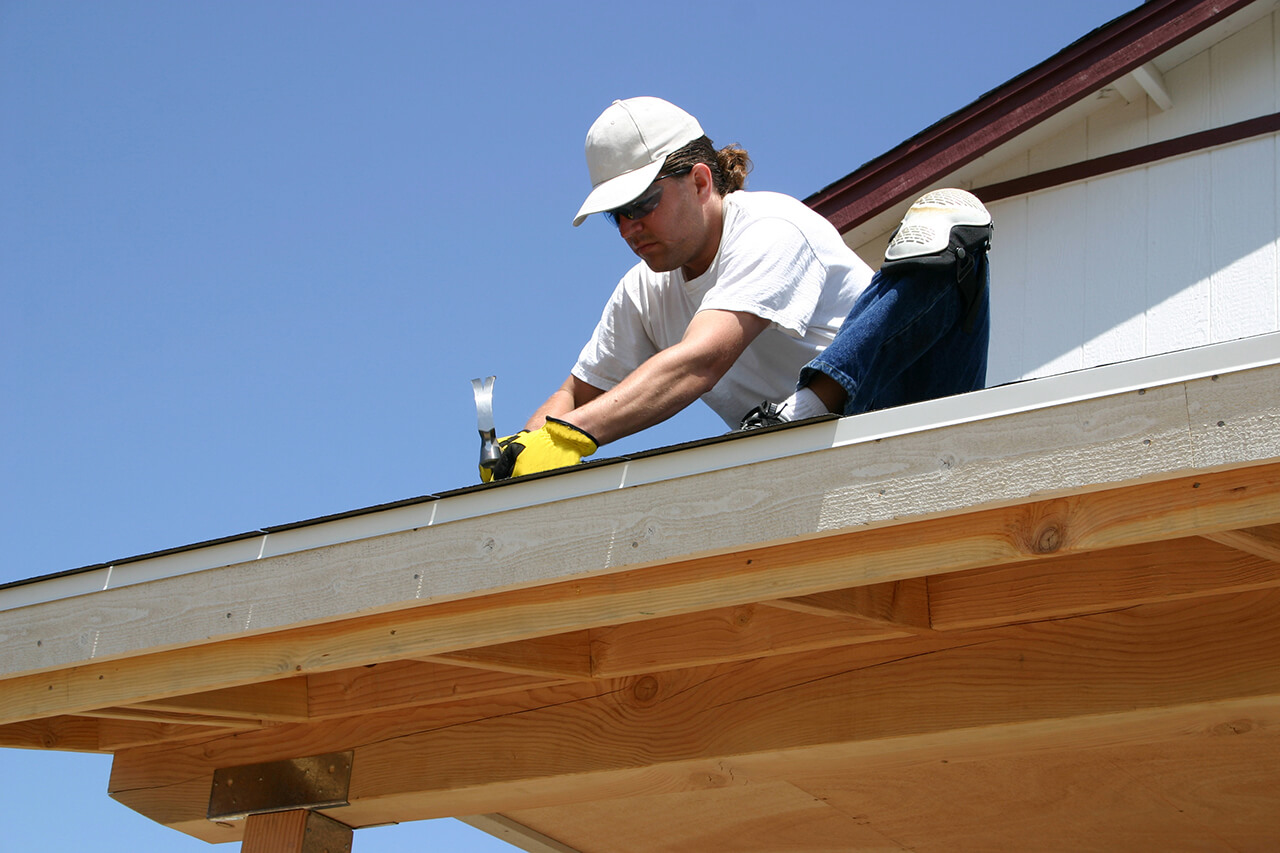
Use this guide to budget for roof repair costs based on factors such as roof condition, materials, size, repair type and severity, and more.



Figuring out how many bars you need isn’t a one-size-fits-all equation. A structural engineer or experienced concrete contractor will look at your slab’s thickness, the loads it must carry, and local code requirements, then run the numbers for you. That quick consultation protects your budget and keeps the finished slab safe, level, and up to code.
Match the metal to the job. For light, thin pours like a sidewalk, welded wire mesh often does the trick. Thicker slabs—driveways, garage floors, foundations—usually call for traditional steel bars. If your site sees salt, humidity, or coastal spray, spend the extra cash on galvanized or stainless steel to fend off rust and avoid future repairs. When in doubt, a concrete pro can confirm the best fit for your project and budget.
Stainless steel costs more up front, but the alloy can last 75 years or longer with little to no rust. That longevity means fewer repairs, less maintenance, and peace of mind for structures exposed to salt, moisture, or de-icing chemicals. If you’re pouring near the coast or in a humid climate, the extra dollars now can save you multiple replacements down the road.
An engineer will review the slab’s thickness, span, soil conditions, and expected loads, then specify bar size, spacing, and grade. Skipping that step or guessing can leave you with cracked concrete or a blown budget. For a modest consultation fee, a local engineer or contractor can do the math and hand you a rebar schedule that meets code and keeps your project on solid footing.
From average costs to expert advice, get all the answers you need to get your job done.

Use this guide to budget for roof repair costs based on factors such as roof condition, materials, size, repair type and severity, and more.

Need fascia and soffit repairs? Hiring a pro ensures proper installation, protects against pests, and prevents structural damage. Learn about common warning signs, material options, and how fascia and soffits safeguard your home from moisture.

Learn how to budget for a new fence by exploring cost factors such as the fence size, height, posts, gates, style, and labor requirements.

Unsure who to hire to test for lead paint? Learn whether to call a lead testing specialist or contractor and what to expect.

Learn how to find and hire a handyman you can count on with this handy guide.

Learn how to find and hire painters, plus 10 questions you should always ask before choosing a pro.